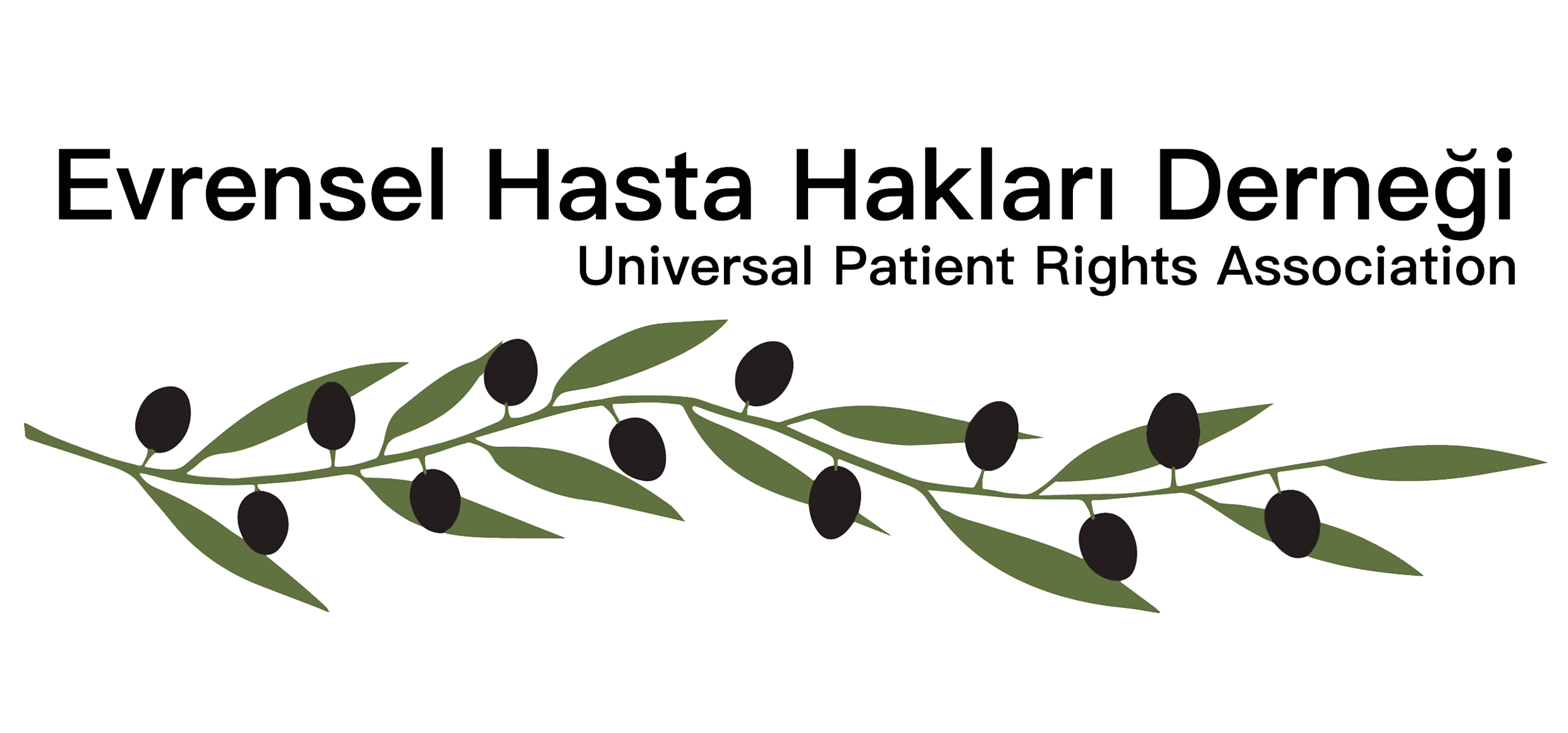On 20 June 2017 Active Citizenship Network (ACN) participated at the International Conference “Patients’ Rights in Europe and Cyprus” of the European Project Patients’ Voice. The project, implemented by the Universal Patient Rights Association (UPRA) and Active Citizenship Network, aims to promote and advocate patients’ rights in Northern Cyprus and has produced a framework and shared a Manifesto on Patients’ Rights to increase the quality in healthcare

Active Citizenship Network, in partnership with civic societies and patient organizations, is committed to strengthening the protection of patients’ rights in the European framework. It strongly believes that empowered patients and their organisations are a resource and not a cost.
With this initiative ACN and UPRA are working to improve the situation for the Turkish Cypriot community, championing the role of citizens´ organisations, in the empowerment of individual patients and patient organisations.
In the northern part of Cyprus, there is no comprehensive legislation regarding patients’ rights. Whereas in more developed countries patient-centred health care is a priority, this is not the case in the Turkish Cypriot community. The Institute of Medicine identifies patient-centred care as the type of health care which creates collaboration among practitioners, patients, and their families (if suitable), in order to make certain that decisions do not devalue the patients’ wishes, requirements, preferences and that patients have the information and support they require to decide and partake in their own care. In the Turkish Cypriot community, however, it is seen that a statist mentality dominates the health care system. The existing legislation protects the rights of doctors, nurses, health care employees and officials within the Health Authorities. In other words, there is legislation to protect everyone but the patients. As a result of this lack of comprehensive legislative framework, the patients can only defend their rights through other general legislations, and as a result, the basis of their defense cannot be built on solid foundations. Although a comprehensive framework has been prepared and regularly presented to officials since 2000, it has still not been passed.
THE ROLE OF CITIZENS’ ORGANISATIONS IN THE EMPOWERMENT OF PATIENTS
The critical role of citizens’ organisations in the empowerment of individual patients and their families is often underestimated. Patients, with chronic diseases, do not only have to cope with the medical aspects of their condition, but also with the caring, social, relational and psychological aspects of their disease, which often have as much weight as the disease itself on the quality of their lives.
The added-value of citizens’ organisations lays in a global approach to patient empowerment, supporting, informing educating and training patients to help them face the many difficulties of their daily lives. This global approach is necessary to make patients strong enough to collaborate with their health care professionals on an equal footing, helping them personalize the plan of care, participating actively in the management of their disease, and using health services more effectively.
Therefore, we believe the importance of patient organizations should be acknowledged to the point that they become actual contributors to healthcare policy, sharing with the institutions and government the responsibility of finding the best balance between the interest of patients and the sustainability of the system. This shall be achieved through the creation of networks and alliances, which allow the identification of common objectives and goals. This includes the development of a global and long-term plan, which goes beyond the single chronic diseases and reflects the general interest of patients.
In both cases, citizens’ organisations – which include self-help groups, associations of patients with a chronic disease, networks and umbrella organisations – play an essential role.
The key themes to reach these goals are trust, collaboration, and communication. For this reason we have decided to title this project ‘PATIENTS’ VOICE’.
The Project is guided by a Steering Committee made up of the Project stakeholder representatives which meets every month.
